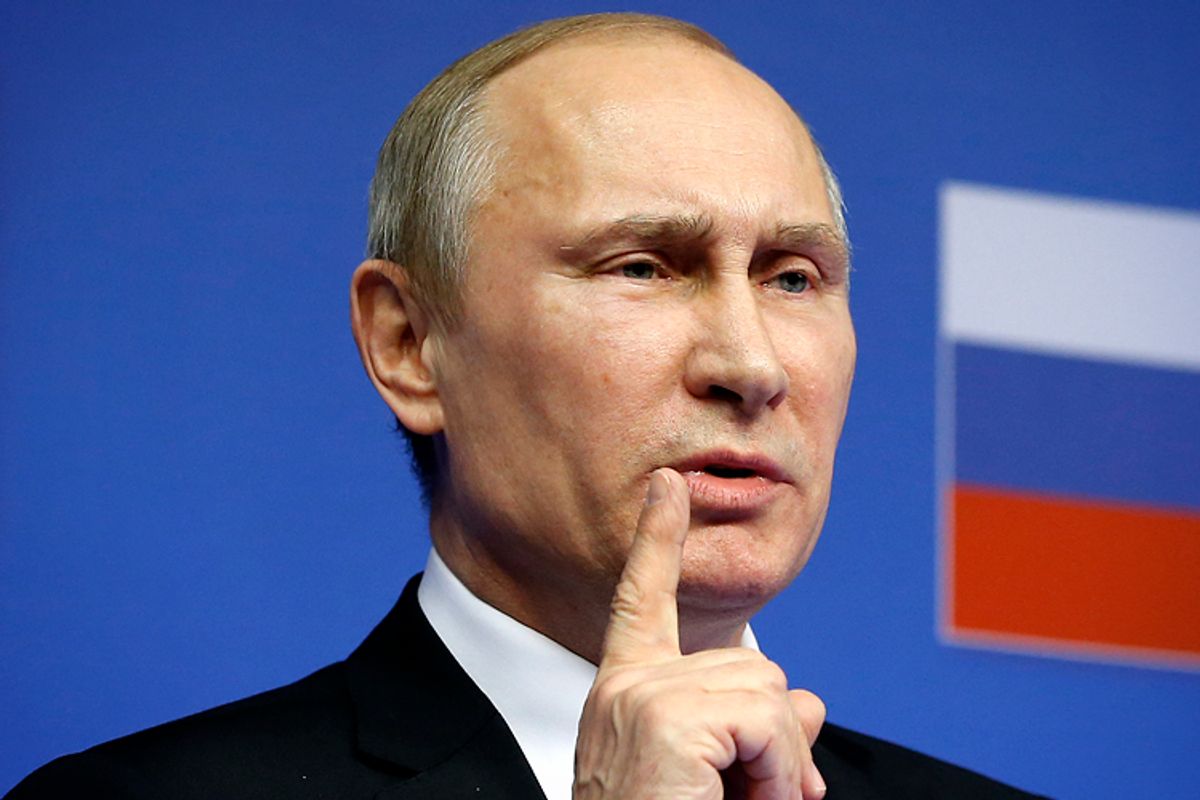Russia is responding to U.S. trade sanctions with a block of their own, and it will impact the United State's future space ambitions. Deputy prime minister, Dmitry Rogozin, announced that Russia was rejecting a United States request to use the International Space Station after the year 2020. In March the U.S. introduced the sanctions, as a response to Russia's aggressive Crimea land-grab, an the ongoing crisis in Ukraine.
In a statement to The Verge, NASA said:
"Space cooperation has been a hallmark of US-Russia relations, including during the height of the Cold War, and most notably, in the past 13 consecutive years of continuous human presence on board the International Space Station. Ongoing operations on the ISS continue on a normal basis with a planned return of crew today and expected launch of a new crew in the next few weeks. We have not received any official notification from the Government of Russia on any changes in our space cooperation at this point."
The International Space Station is maintained by both the United States and Russia, and commanders from many nations including Japan and Canada have led ISS missions. However Rogozin points out that NASA relies on the Russian maintained area. "The Russian segment can exist independently from the American one. The U.S. one cannot," the deputy prime minister said. The original goal was to keep the ISS, operational until 2020, however the U.S. hoped to keep it up until 2024.
After 2020, Rogozin suggested that Russia would use the money that would have originally gone to ISS programs and use it for a space project "with more prospects."
This is not the only way that NASA is reliant on the Russian Federal Space Agency. In 2011, the United States ended its shuttle program, and no longer has a way to launch U.S. astronauts into space. Currently, according to The Telegraph, the U.S. pays $60 million per-person to transport NASA astronauts to the International Space Station. NASA is currently working with private space companies to establish a taxi program, which is hopes will be in use by 2017.
Russia also said it will no longer sell the United State NK-33 and RD-180 rockets, if they're used to launch military satellites.
Last month NASA announced that it was cutting off communication with Russia, after escalations in Ukraine. The lone exception was the International Space Station.
h/t The Verge

Shares